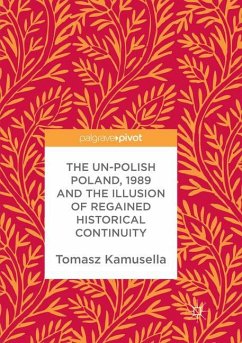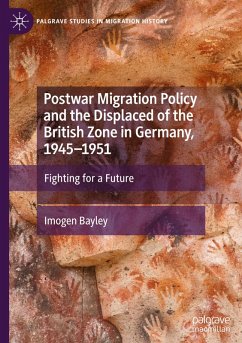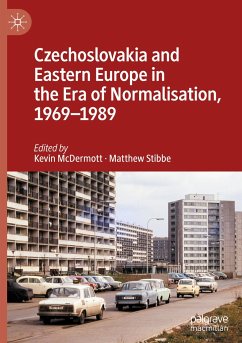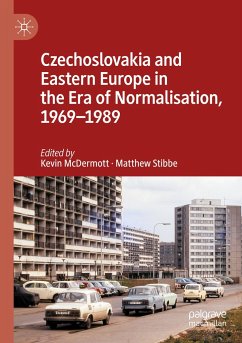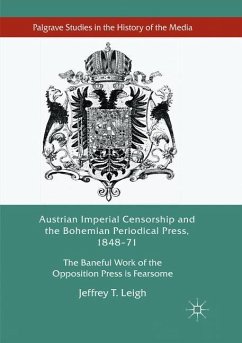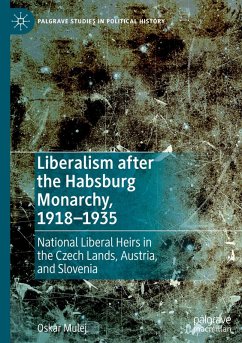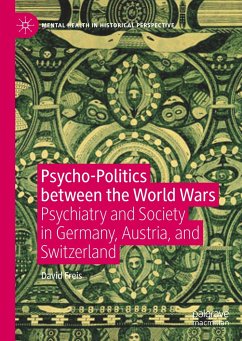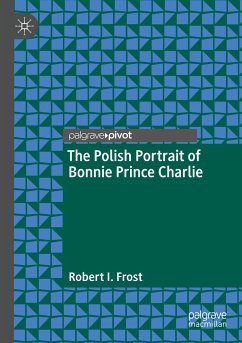
Polish-Austrian Relations at the End of the Cold War, 1980-1989

PAYBACK Punkte
46 °P sammeln!
This book proposes a new historical framework for the analysis of the relationship between communist Poland and neutral Austria during the final decade of the Cold War. The tragic Polish crisis of 1980-1982 is examined within the context of Poland's relationship with the wealthy, neutral country of Austria. By exploring the political meetings and negotiations that took place around the introduction of martial law in Poland, this book sheds light on Polish-Austrian bilaterial relations as seen from the perspective of Polish diplomatic documents. Divided into three parts, the book begins by illu...
This book proposes a new historical framework for the analysis of the relationship between communist Poland and neutral Austria during the final decade of the Cold War. The tragic Polish crisis of 1980-1982 is examined within the context of Poland's relationship with the wealthy, neutral country of Austria. By exploring the political meetings and negotiations that took place around the introduction of martial law in Poland, this book sheds light on Polish-Austrian bilaterial relations as seen from the perspective of Polish diplomatic documents. Divided into three parts, the book begins by illustrating Austria's attitude to reforms in Poland in the early 1980s. The second part focuses specifically on the imposition of martial law in Poland, and the third part explores the cooperation between the two countries through the form of investments and environment protection. Particular emphasis is placed on Polish attempts to recruit Austrian politicians in order to overcome the political isolation in which Warsaw found itself after December 13, 1981. The author analyses the political boundaries that Austria could, and wanted to, cross, in order to help the Polish regime, offering insights into Austria's fears of financial loss as a result of the collapse of the regime.




